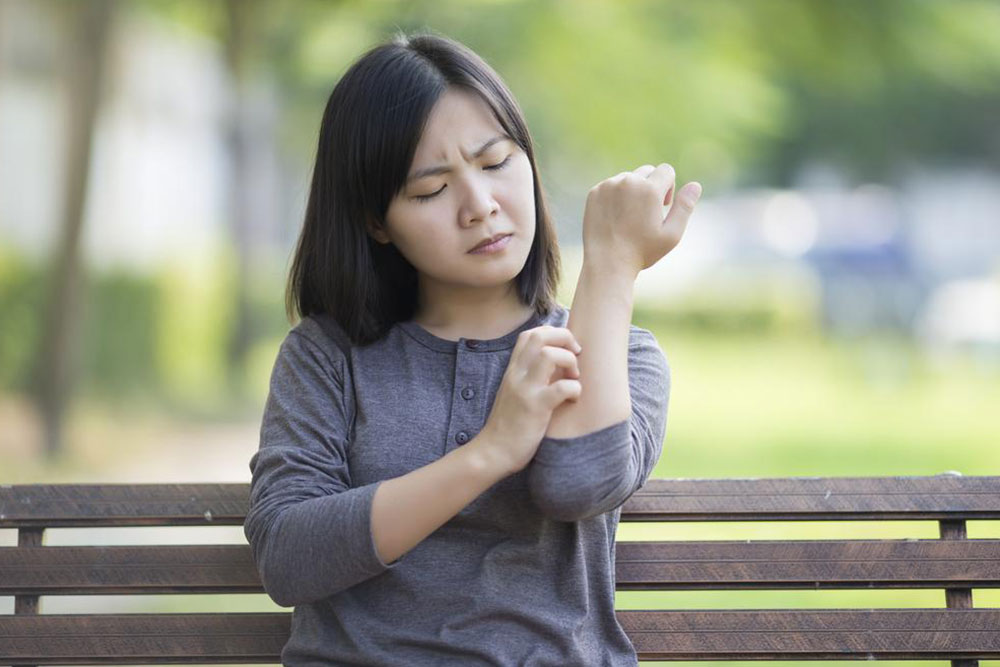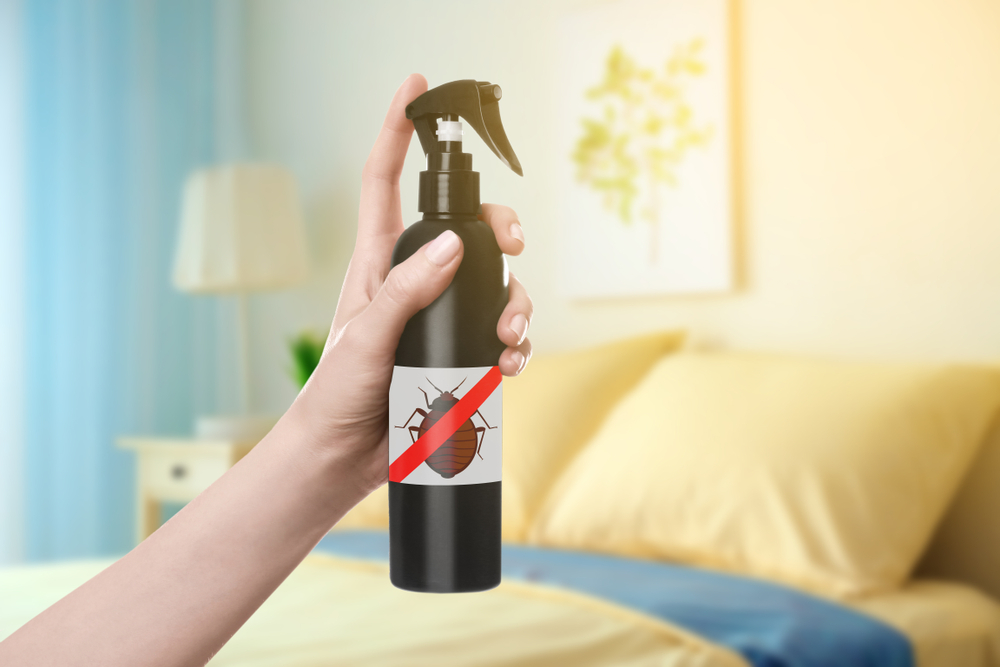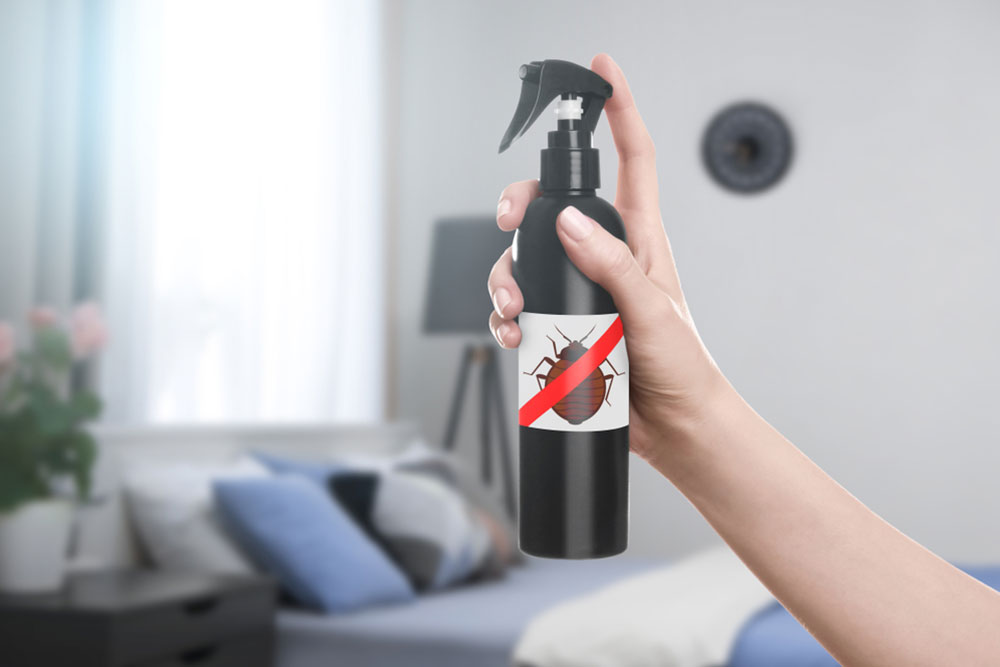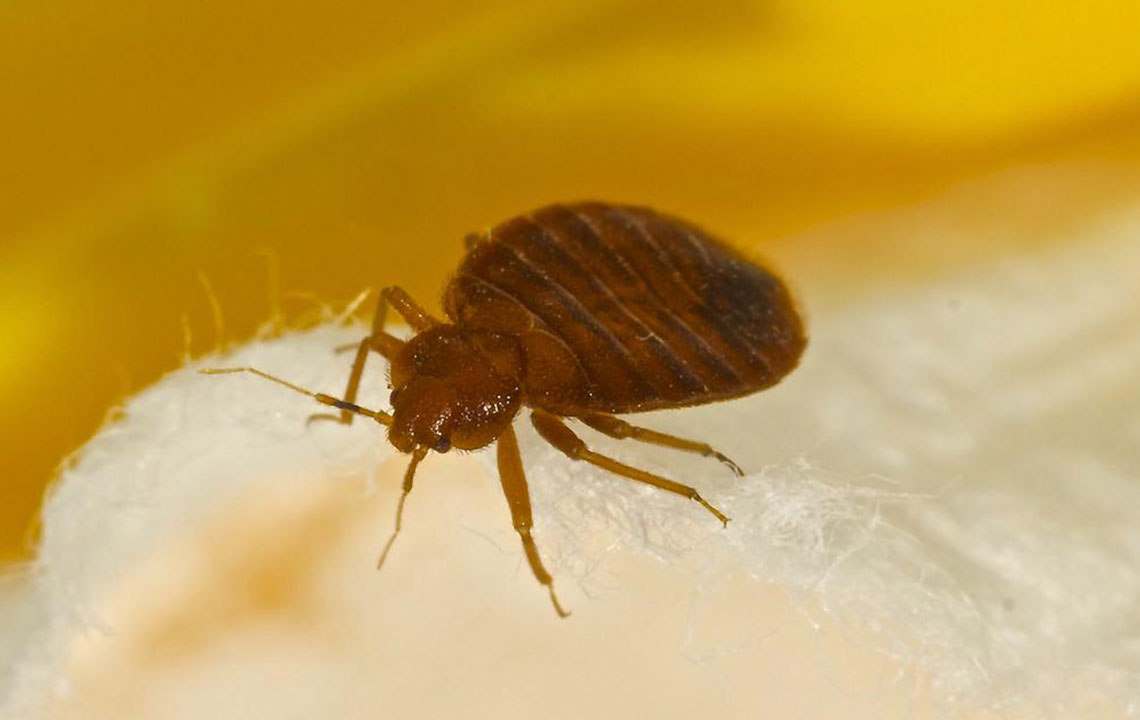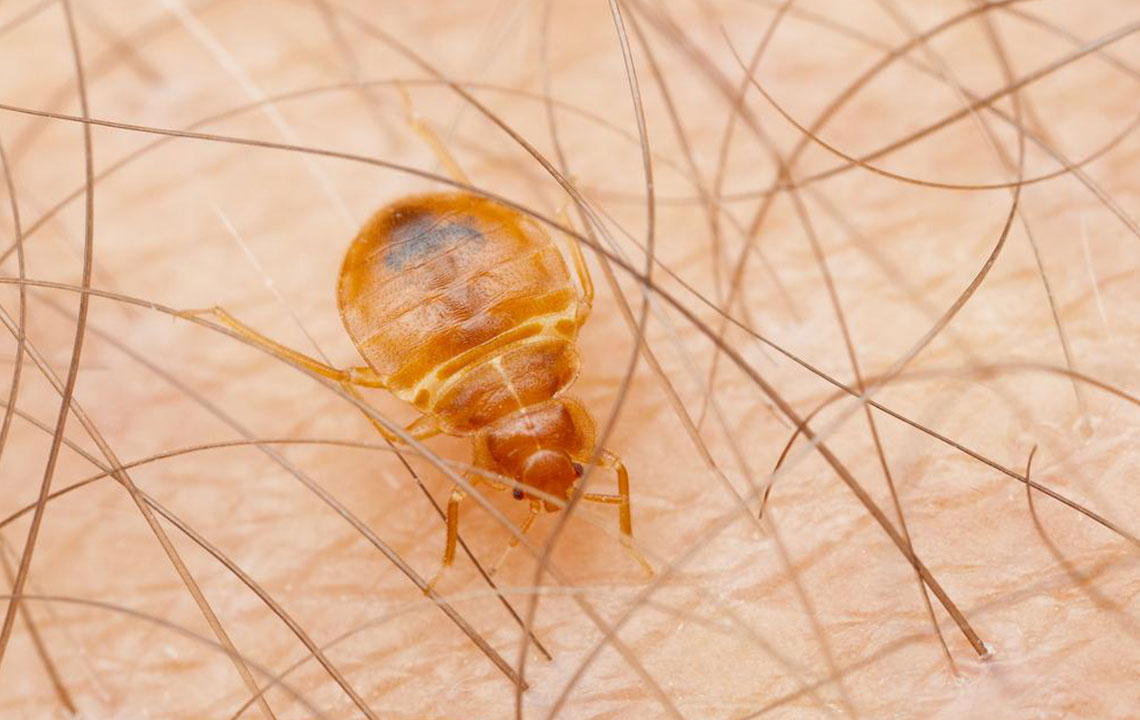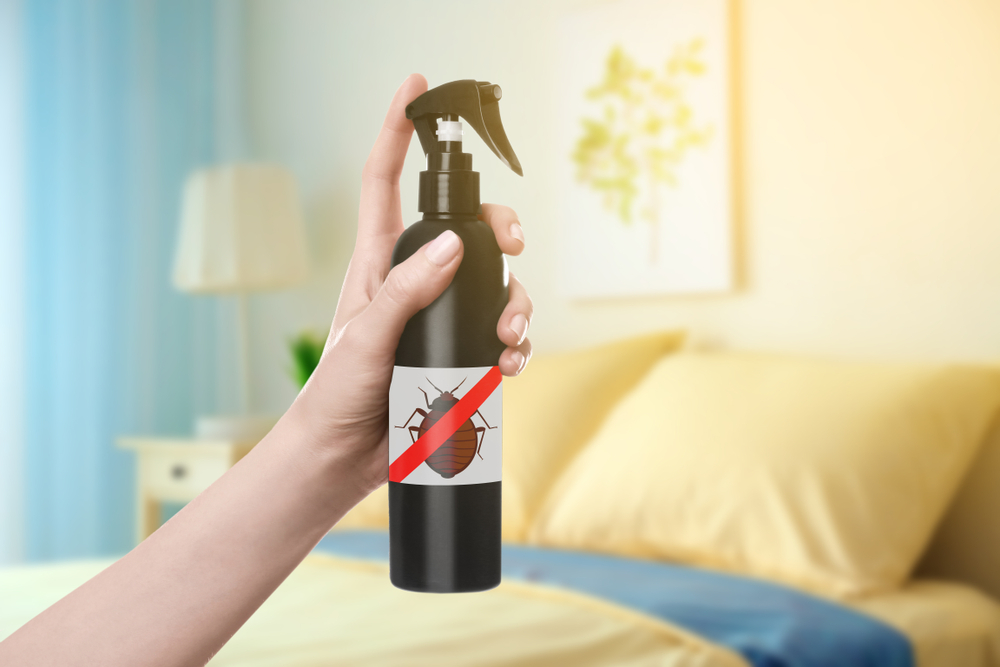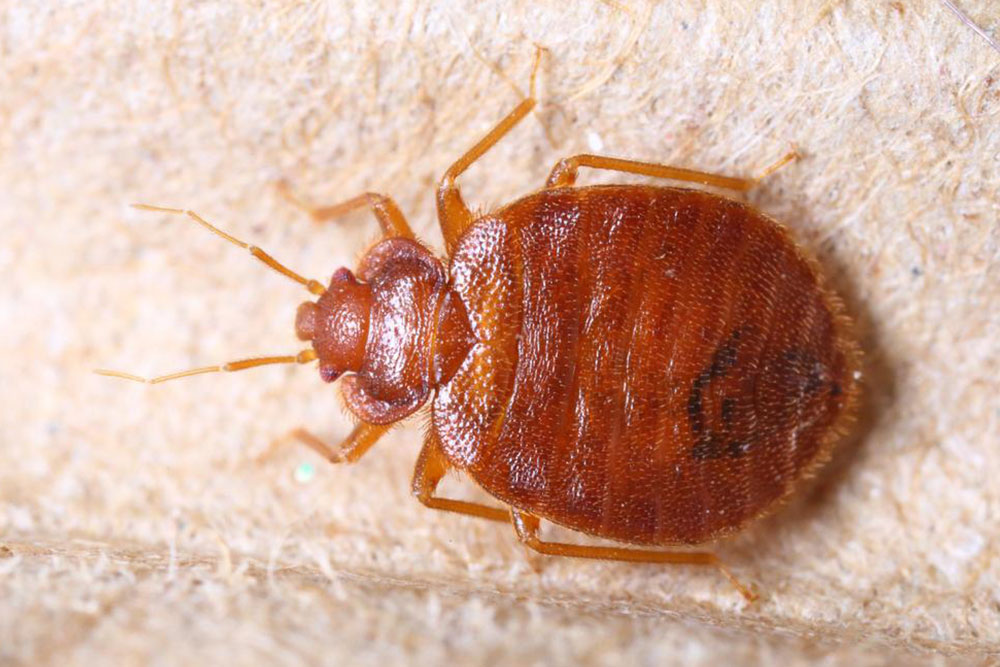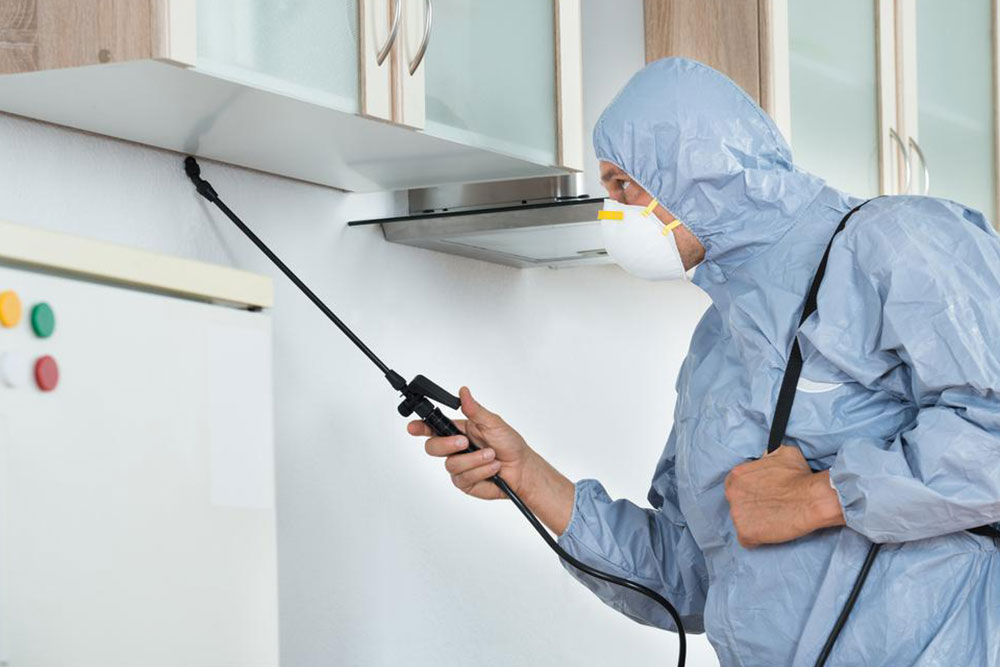Effective Strategies for Eliminating Bed Bugs with Sprays
Learn effective methods to combat bed bug infestations using both chemical and natural sprays. Discover top products, application tips, and safety advice to eliminate pests efficiently and restore comfort to your home. This guide provides useful insights into selecting the right treatment options for long-lasting results, ensuring a bed bug-free environment.
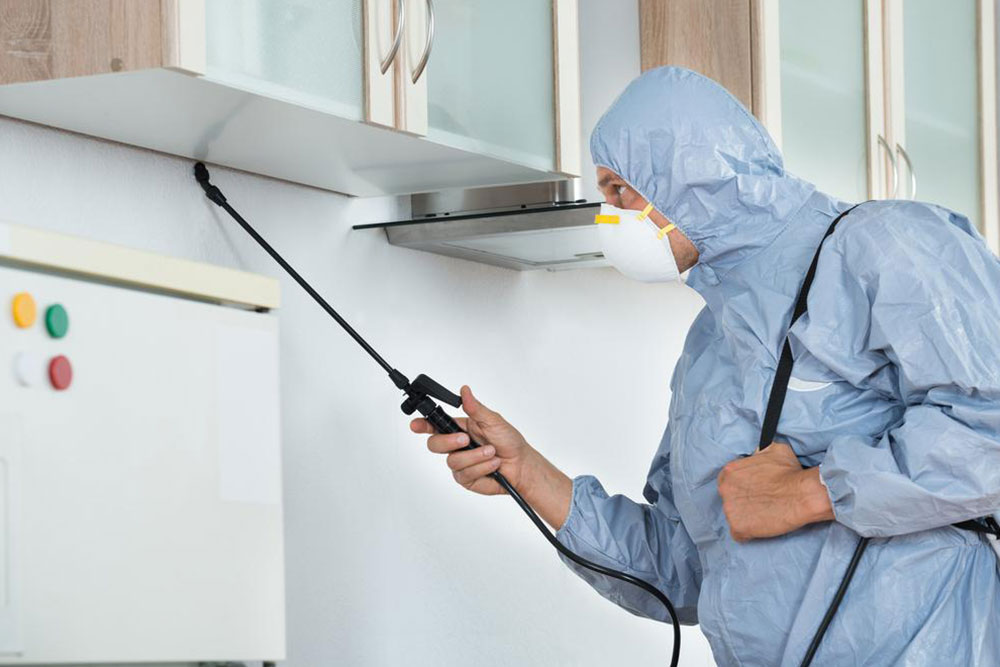
Effective Strategies for Eliminating Bed Bugs with Sprays
Bed bugs are a persistent nuisance that no one wants to encounter. These small, flat, reddish-brown insects lack wings and measure less than 7mm. During infestations, they appear in large numbers, making size irrelevant. Female bed bugs can lay up to five eggs daily, totaling over 200 to 500 eggs in their lifespan. They can survive over 300 days in typical room conditions if food is available.
The most reliable method to eradicate bed bugs is using specialized sprays containing chemicals designed to kill these pests effectively.
With numerous bed bug sprays now accessible, understanding their types and proper application is essential. Sprays are generally categorized into synthetic (chemical) and natural options. Professional-strength chemical treatments tend to be more durable and effective, offering lasting results even post-application. Focus on applying spray products in typical hiding spots like cracks in floors, corners, and beneath skirting boards. Below are some of the leading natural and synthetic bed bug sprays available today.
Synthetic Chemical Sprays
Pyrethrin-based and pyrethroid sprays are among the most efficient insecticides for bed bugs. They target nerve cells, causing nerve overstimulation, paralysis, and eventual death. According to the U.S. EPA, effective ingredients include pyrethrins, pyrethroids, neonicotinoids, inorganic compounds, alcohol, dichlorvos (DDVP), chlorfenapyr, propoxur, S-hydroprene, and neem oil.
Insect Growth Regulators (IGRs)
These products, like Hydroprene, disrupt bed bug development. They kill insects directly and have long-lasting effects, destroying bugs over days and weeks.
Natural Sprays
EcoRaider Bed Bug Killer is a popular organic solution that kills on contact and provides residual effects for up to two weeks. While it may take some time to fully eliminate an infestation, it effectively kills both larvae and adult bugs. Its portable size makes it ideal for travel use. The Entomological Society of America has recognized EcoRaider as one of the top natural bed bug killers.
Note: Our blog offers diverse information based on extensive research. While valuable, these insights should not replace professional pest control advice. We disclaim responsibility for inaccuracies or variations in data across other sources. Additionally, our content does not cover all available treatments, schemes, or offers that might suit individual needs better.

